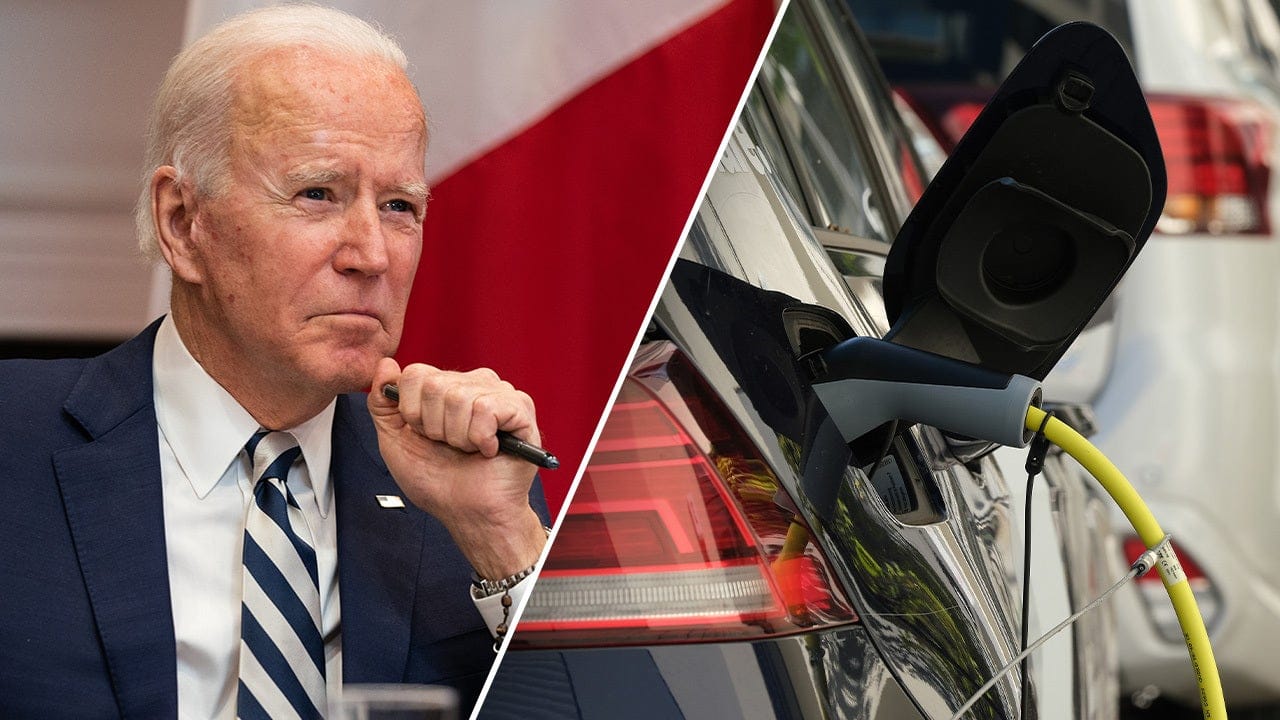The Biden administration’s decision to block the proposed acquisition of U.S. Steel by Nippon Steel has generated significant discussion and concern among stakeholders in the American steel industry. This move is seen as part of a broader strategy to safeguard domestic manufacturing jobs and maintain the integrity of critical industries in the face of increasing foreign investment.
The acquisition was viewed by Nippon Steel as a strategic opportunity to expand its footprint in the North American market, where demand for steel remains robust. However, the U.S. government, citing national security concerns and the potential impact on local employment, intervened to prevent the deal from proceeding. This decision underscores the administration’s commitment to protecting American workers and ensuring that domestic manufacturing capabilities remain strong.
For many steelworkers across the United States, this decision brings a mix of relief and uncertainty. On one hand, the blocking of the acquisition may preserve jobs that could have been at risk had the takeover proceeded. Steelworkers have long been concerned about the implications of foreign ownership in the industry, fearing that such shifts could lead to layoffs, wage reductions, or changes in working conditions. The Biden administration’s actions are thus seen as a protective measure for the workforce.
On the other hand, the decision has sparked concerns about the long-term viability of U.S. Steel as a competitive entity in the global market. The steel industry has faced numerous challenges in recent years, including fluctuating demand, rising production costs, and competition from foreign producers. Analysts suggest that without strategic partnerships and investments, American steel manufacturers may struggle to innovate and remain competitive. The blocking of the acquisition could hinder U.S. Steel’s ability to attract the necessary investment to modernize its operations and expand its market reach.
The decision also reflects a growing trend in U.S. economic policy that prioritizes national interests over globalization. In recent years, there has been a noticeable shift towards protecting domestic industries from foreign acquisitions, particularly in sectors deemed critical to national security. This has led to increased scrutiny of foreign investments and a more cautious approach to allowing international companies to gain control over American firms.
The implications of this decision extend beyond U.S. Steel and Nippon Steel. The steel industry plays a vital role in the broader economy, providing materials for construction, automotive manufacturing, and numerous other sectors. Disruptions in this industry can have ripple effects throughout the supply chain, impacting not only steelworkers but also related industries and the economy as a whole.
As the situation unfolds, industry experts and labor representatives are closely monitoring the potential consequences of the Biden administration’s decision. There is a growing call for a comprehensive strategy that addresses the challenges faced by the steel industry while also ensuring that American workers are protected. This could involve increased investment in domestic manufacturing, support for workforce development programs, and policies that encourage innovation within the industry.
In conclusion, President Biden’s decision to block the Nippon Steel takeover of U.S. Steel has created a complex landscape for American steelworkers. While the move may protect jobs in the short term, it raises important questions about the long-term health and competitiveness of the U.S. steel industry. As the administration navigates these challenges, the need for a balanced approach that safeguards workers while fostering industry growth remains paramount. The outcome of this situation will likely have lasting implications for the future of steel manufacturing in the United States.



